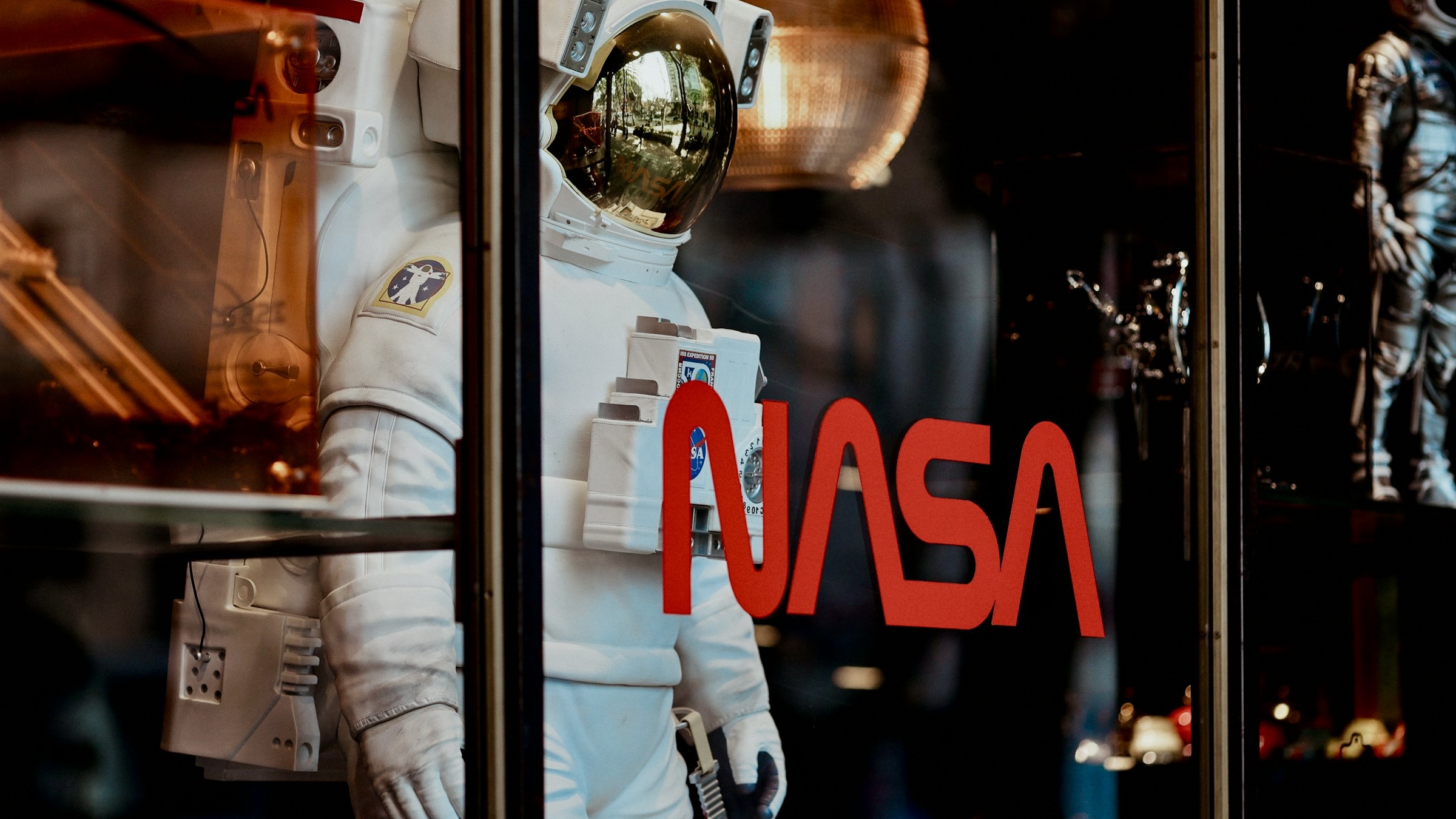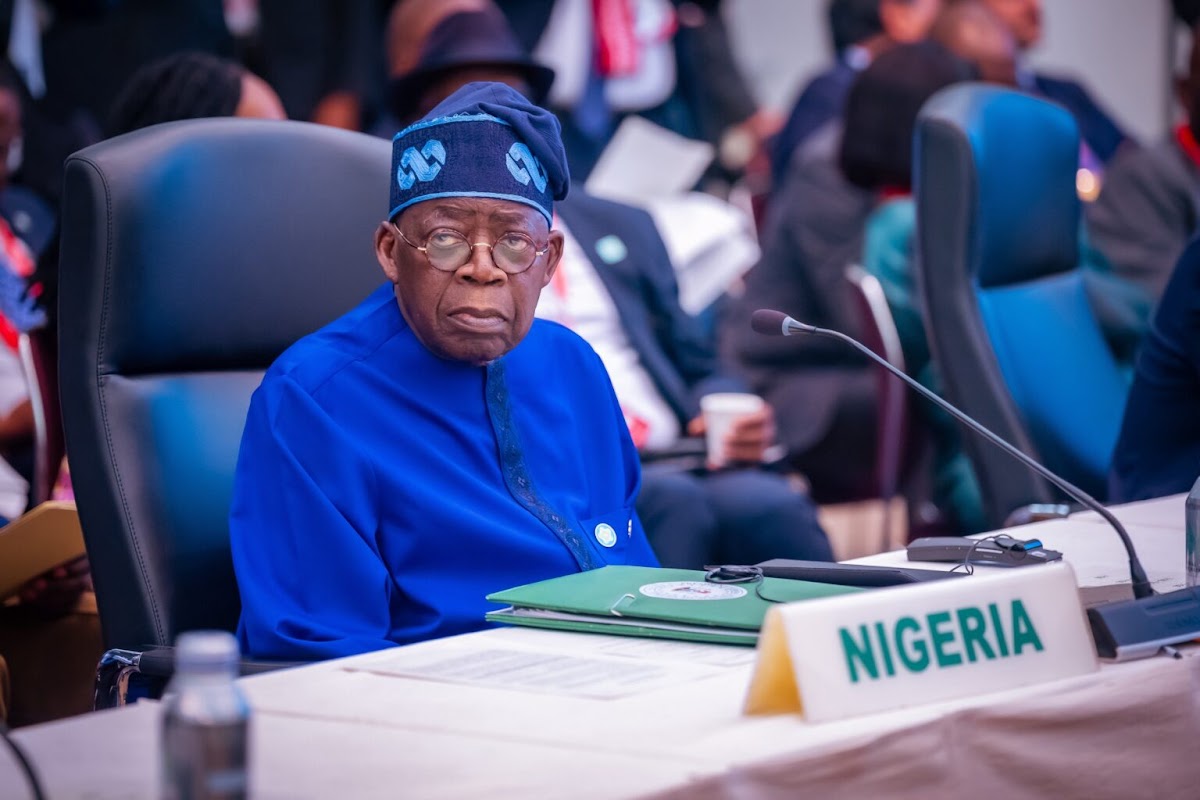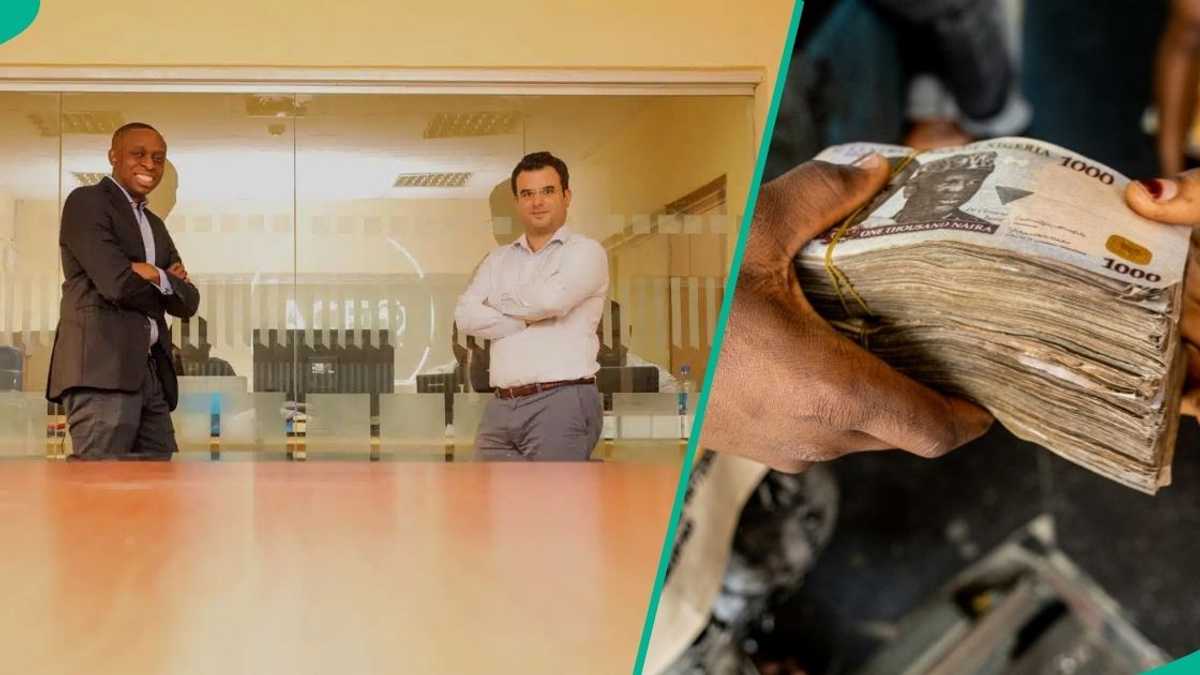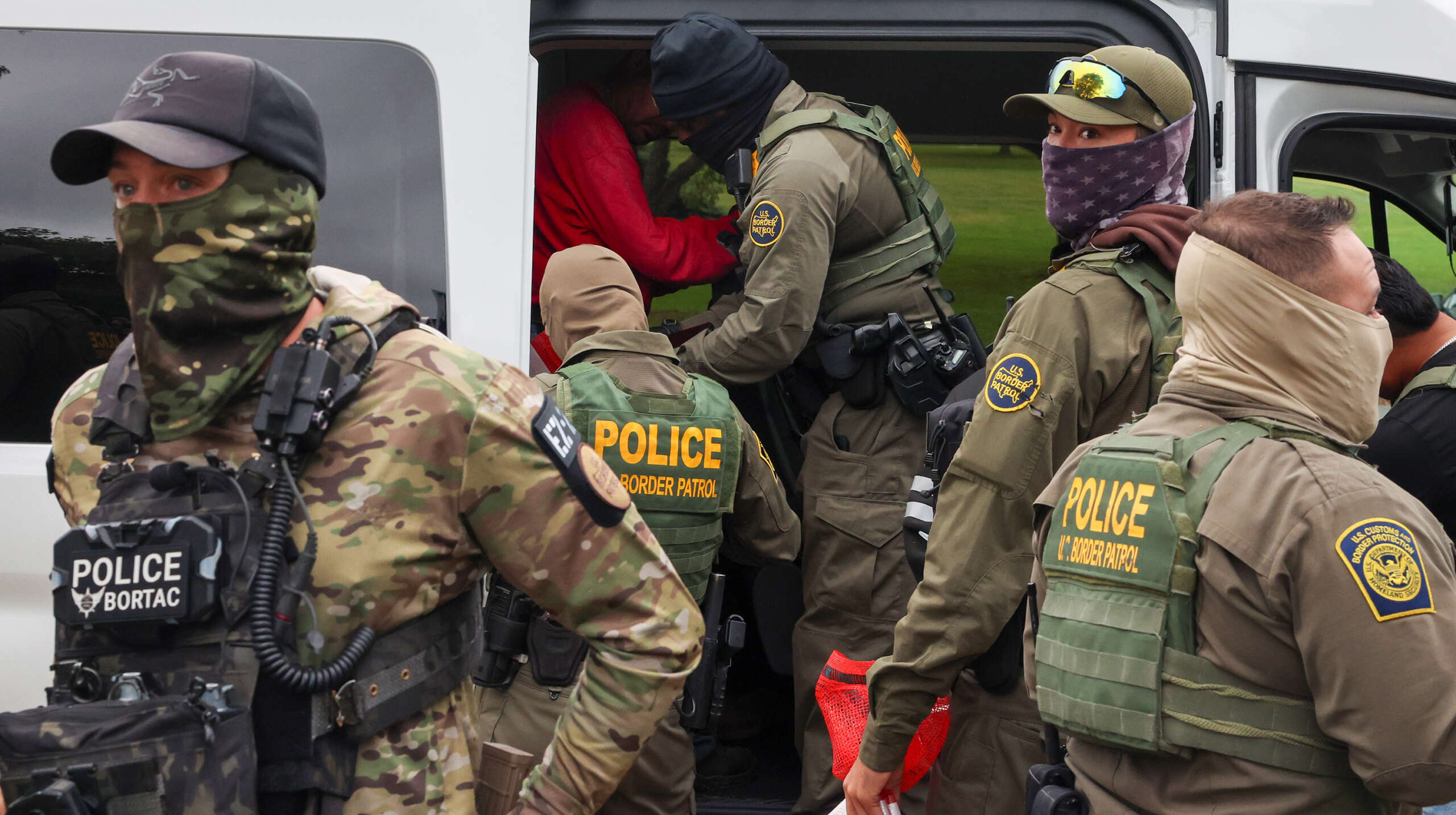Copyright scmp
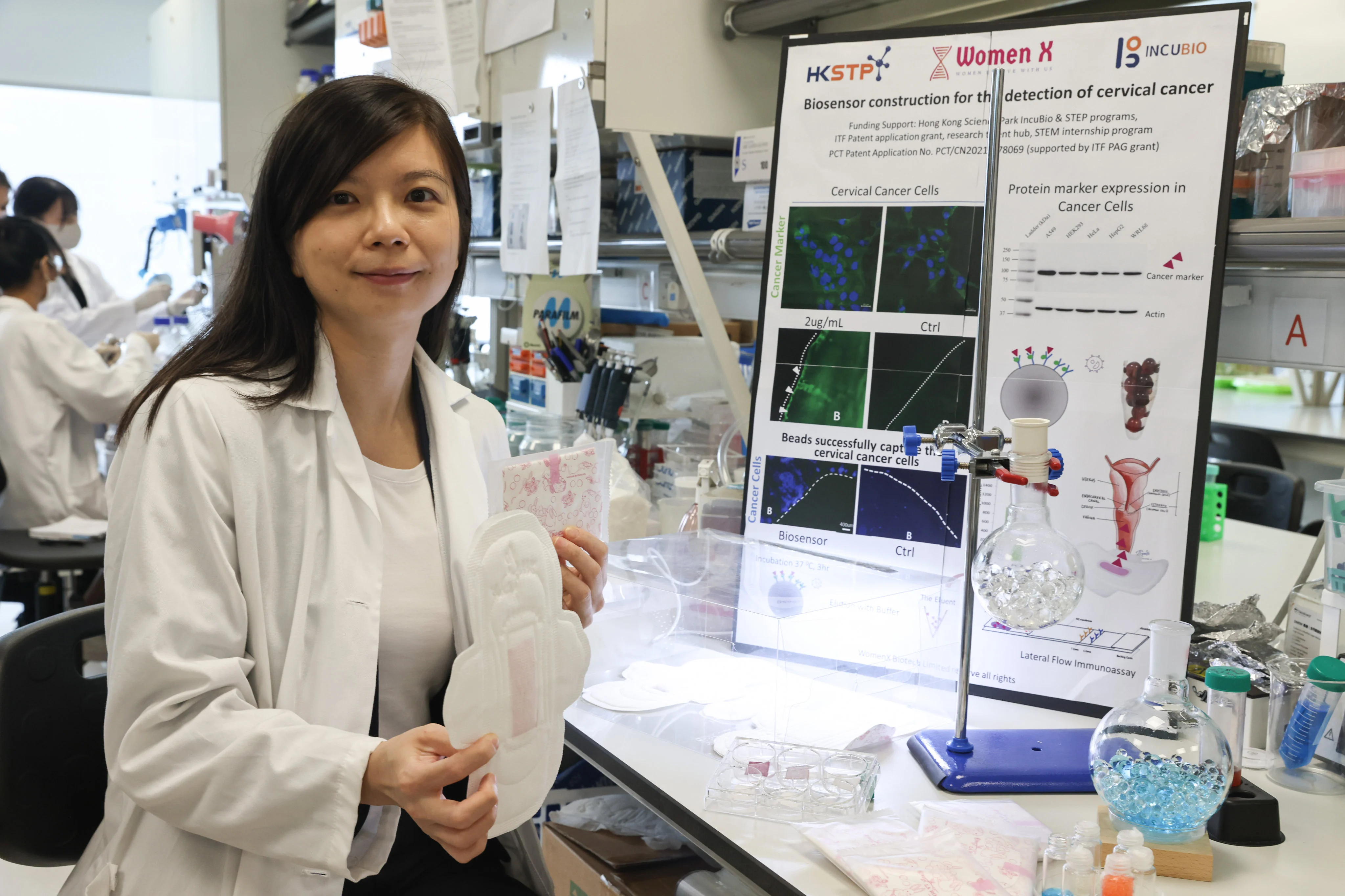
A Hong Kong biotechnology company behind a controversial human papillomavirus (HPV) screening method involving sanitary pads has said it will present its research to the government, after authorities warned against using products that lacked scientific evidence. Dr Choi Pui-wah, the founder of WomenX Biotech, also said on Tuesday that the government’s dismissal would not dampen her view of Hong Kong as a destination for technological innovation. WomenX, the firm known for its sanitary pad brand La Rosee, had developed a product that it said was capable of testing for HPV by collecting menstrual blood. On Sunday, the Department of Health urged residents to avoid using such products, citing “insufficient scientific evidence” both locally and internationally. Authorities did not name the firm. The World Health Organization said the virus was responsible for 95 per cent of cervical cancer cases. Latest statistics from the Hong Kong Cancer Registry showed that cervical cancer was the seventh most common type among local women in 2023, seeing 576 new cases that year. Choi, a biomedical scientist and founder of the company, said the department had reached out to them last week, but her team did not have enough time to brief authorities on their findings as she was busy with an entrepreneurship contest in Singapore. “We will talk to the department later to detail our findings [on testing HPV with menstrual blood],” she said in an online press conference. “Please do not misunderstand why the Department of Health had issued this statement. I believe their goal is clear, which is to guarantee the health of residents … and we will keep working with the government,” she added. The company said with the product, named PadX, users would simply need to collect their own menstrual blood with a specially designed sanitary pad, seal it and mail it back to the company to receive an HPV test report a few days later. After the government’s statement, retailer Mannings delisted the product that came with a tag price of HK$988 (US$127). But PadX is still available on La Rosee’s website. According to Choi, before the product was launched in January, the company had completed relevant research and the results had been validated by a third party. The research had looked into 119 subjects, a number Choi described as “statistically sufficient”, and compared their HPV test results obtained from the product against traditional invasive test Pap smear, which is accepted as the gold standard. The accuracy of the product – referring to the proportion of tests that matched with each other – stood at 99.2 per cent, according to Choi, adding that the product was not intended to replace clinical tests, but to improve the screening rate. Both the sample size and the price have differed from Choi’s plan laid out in a previous interview with the Post in 2022. Back then, she said the launch of such a product would require at least 300 participants in the first phase of experiments and 1,000 in the second. She also expected that a test kit, including the sanitary pad, would cost HK$300 when it became available for retail. Choi said that the sample size discrepancy was due to a shift of her objective from detecting cervical cancer to merely HPV infection, which required fewer participants. Asked if the government’s dismissal had caused her to feel disappointment in Hong Kong as an ideal place for technological innovation, Choi said she remained optimistic. “The government’s vision is consistent with ours as we hope to bring the technology to the globe with a mind to benefiting all people,” she said. “Under the same vision, we will coordinate and communicate to fulfil our mission.” Looking ahead, the company would strengthen its communication with the government and might first liaise with the Department of Health before launching further similar products, Choi added. A holder of a PhD degree in biochemistry from the Chinese University of Hong Kong, Choi founded the company in 2019. According to her, WomenX has not received any private financing and has long been supported by the Hong Kong government through funding from the Science Park.
